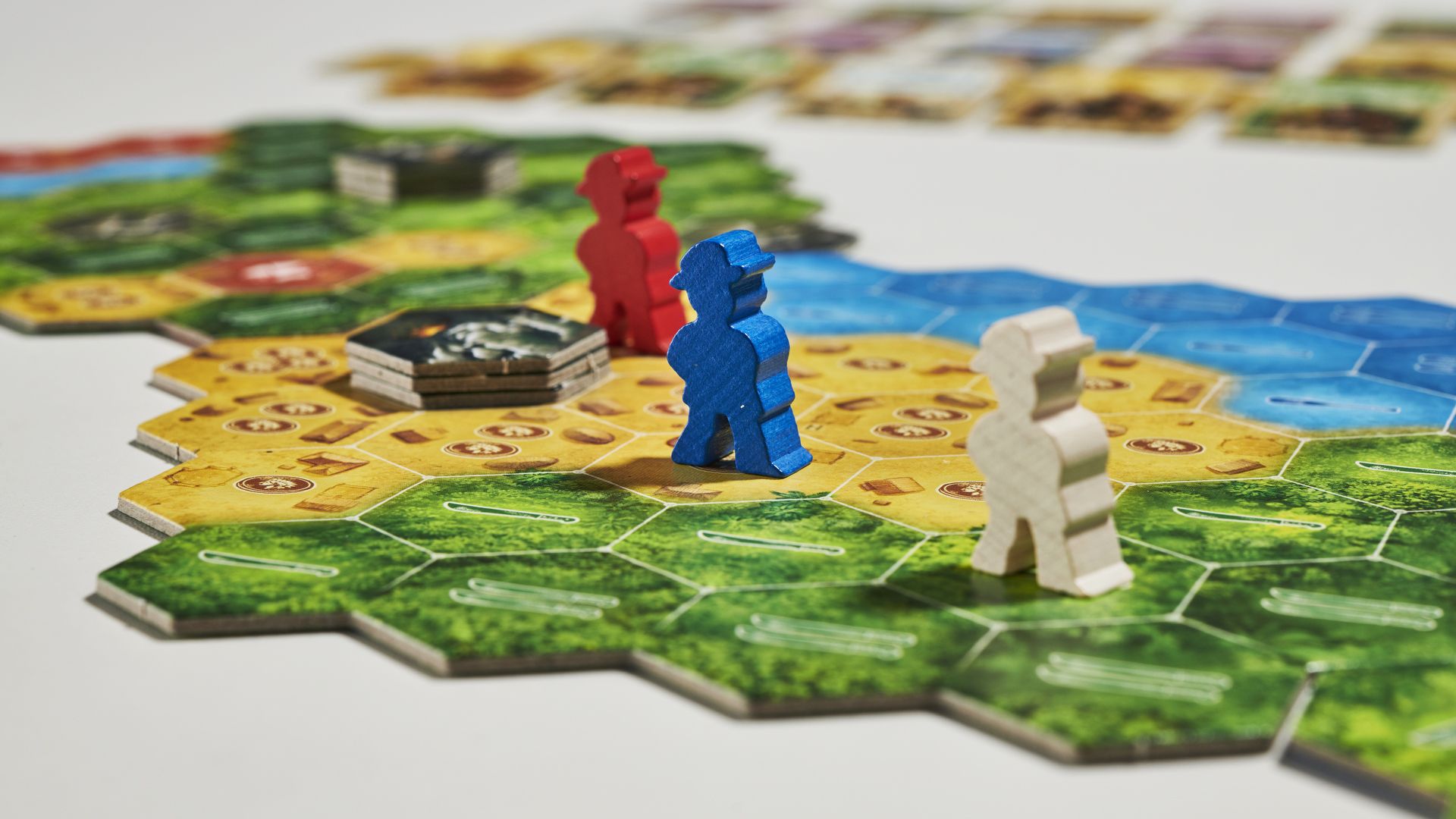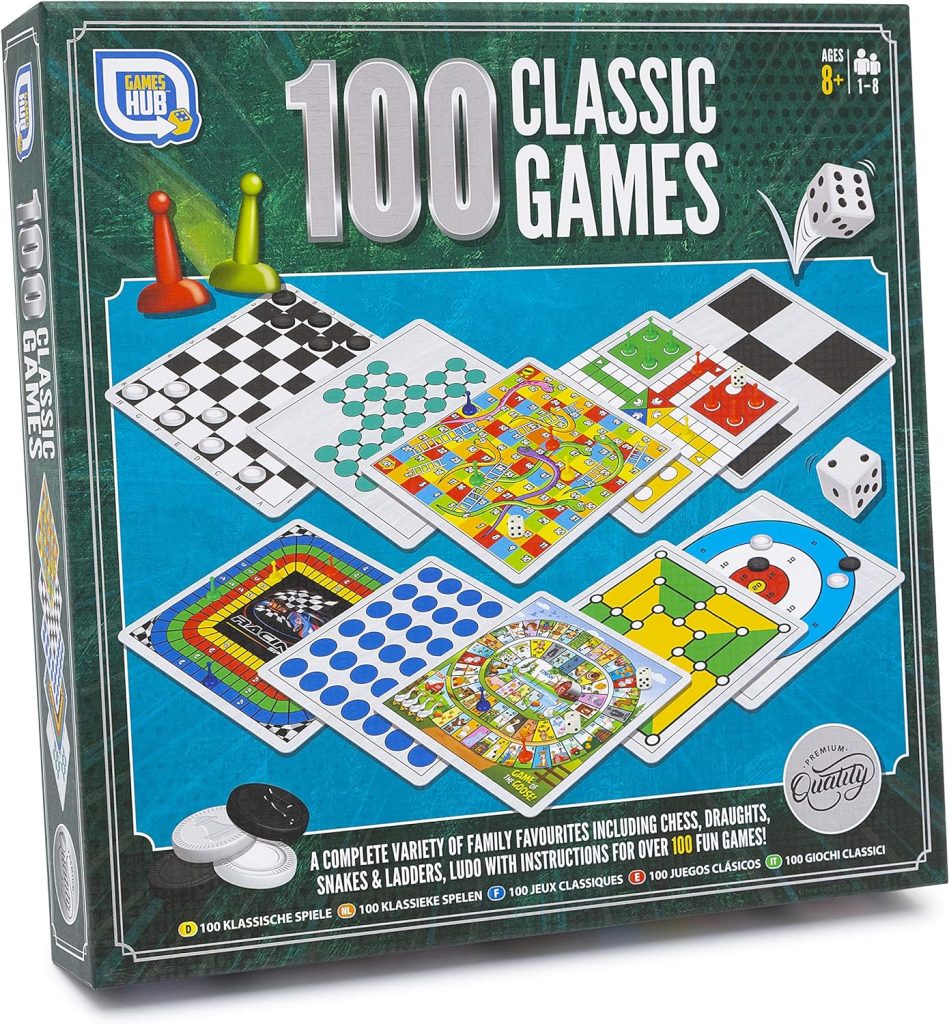I. Introduction
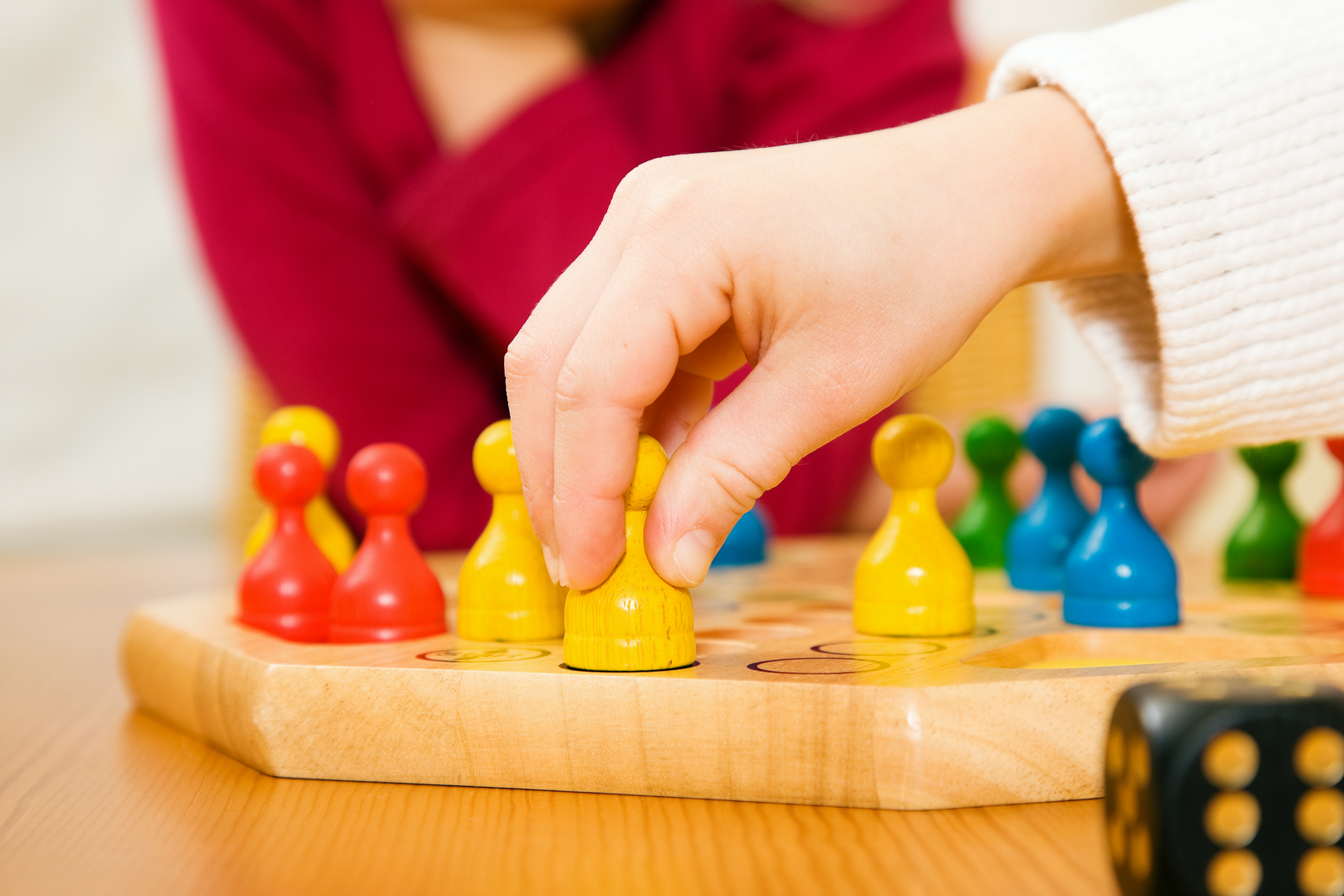
A. Introduction to board games and their enduring popularity
They have been a popular form of entertainment for centuries, captivating people of all ages and backgrounds. These games have stood the test of time, remaining a beloved pastime in an era dominated by digital technology.
People are drawn to board games for various reasons. They provide an opportunity for social interaction, fostering bonding and friendly competition. They also challenge the mind, helping to improve critical thinking, problem-solving, and strategic skills. Additionally, board games offer a break from the screen-centered world, allowing individuals to engage in a tactile and immersive experience.
B. Significance of understanding the history and cultural impact of board games
Studying the history and cultural impact of board games is important for several reasons. Firstly, it provides insights into the social and cultural contexts in which these games originated. Examining the development and popularity of board games throughout history allows us to understand how past societies entertained themselves, the values they held, and the skills they deemed valuable.
Furthermore, exploring the cultural impact of board games sheds light on the societal functions they fulfill. For example, certain games may have served as a means of socialization, education, or even propaganda. Understanding these dynamics can deepen our understanding of human behavior and societal structures.
II. Origins
A. Ancient board games
- Ancient Egyptian board games
They have been played for thousands of years and can trace their origins back to ancient civilizations. One of the earliest known board games is Senet, which was played in Ancient Egypt around 3100 BCE. This game was not only for recreation but also had religious significance, as it was believed to represent the journey of the soul to the afterlife. - Mesopotamian board games
Alongside the Egyptians, the people of Mesopotamia also developed their own board games. The Royal Game of Ur is one such example, originating from around 2600 BCE. This game was played by members of the royal court and featured a distinctive board with elaborate designs.
B. Medieval and Renaissance board games
- The popularity of chess and backgammon In the medieval and Renaissance periods, certain board games began to gain widespread popularity. Chess, originating from ancient India, made its way to Europe, becoming a staple of nobility. The game’s strategic and intellectual nature made it highly desirable among the elite.
Similarly, backgammon, an ancient game of chance and skill, became popular in Europe during this time. It was considered a game suitable for all social classes, providing a form of entertainment that transcended societal boundaries.
- The emergence of prototype games like Alquerque and Tafl games During the medieval and Renaissance periods, various prototype board games began to emerge. Alquerque, a precursor to checkers, gained popularity in Europe and the Middle East. Tafl games, a family of strategic games played on a square board, were also popular throughout Europe.
III. Evolution of Board Games
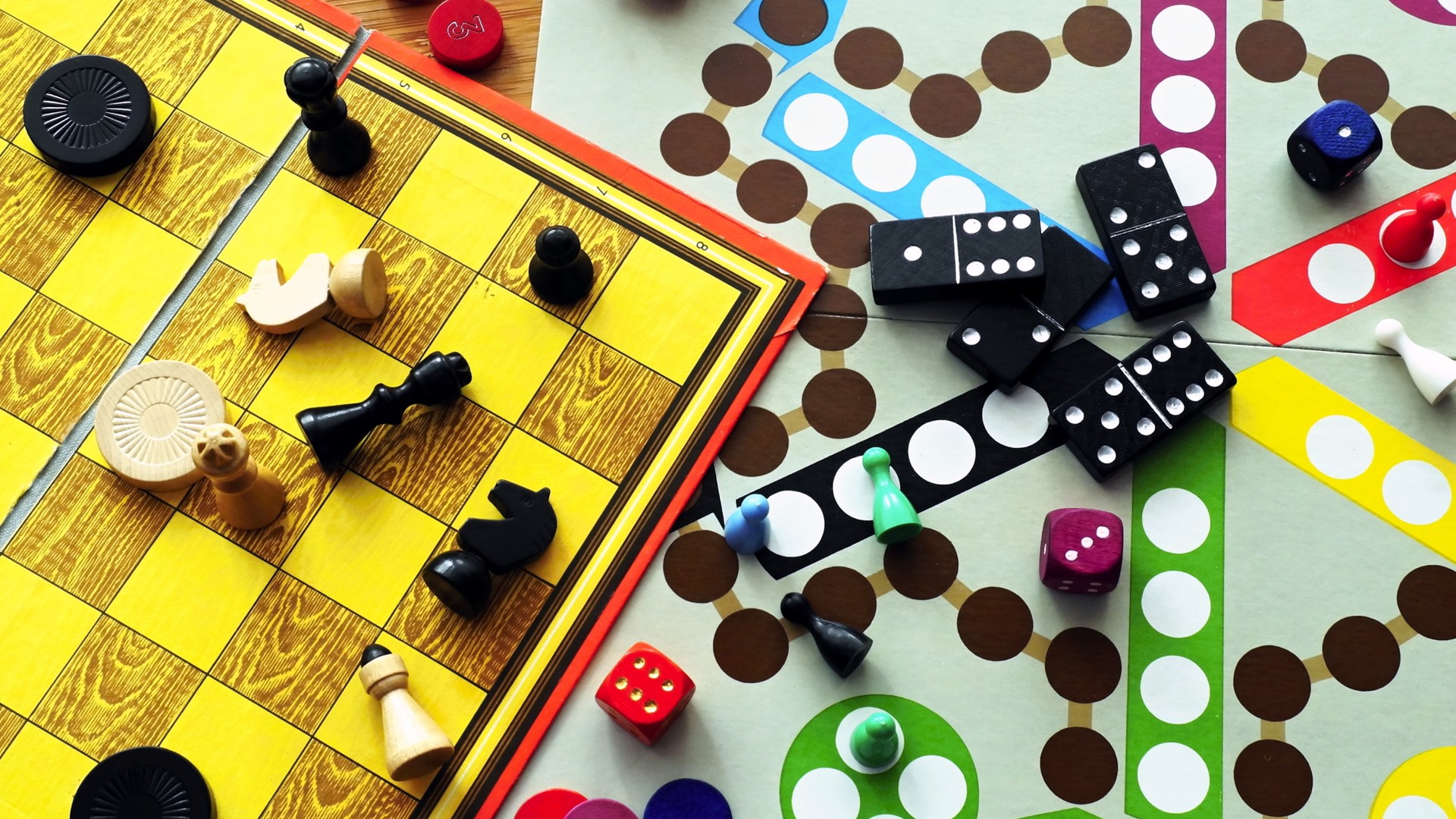
A. The influence of printed publications
- The advent of the printing press and its impact on board game production The invention of the printing press in the 15th century revolutionized the production of board games. Printed publications made it possible to disseminate game rules and create standardized game boards, increasing accessibility and popularity.
- The rise of chess, checkers, and card games during the Renaissance With the availability of printed game guides, chess and checkers gained wider audiences during the Renaissance. These games were not only played by the noble class but also by the emerging middle class. Card games, such as tarot and poker, also saw a surge in popularity during this period.
B. Industrial revolution and the rise of mass-produced board games
- The impact of technological advancements on board game production
The industrial revolution brought significant advancements in technology, which greatly impacted the production of board games. Printing techniques improved, allowing for more intricate and visually appealing game boards. Additionally, innovations in materials, such as the introduction of cardboard, made games more affordable and accessible to the masses. -
The introduction of classic games like Monopoly and Scrabble
During the 20th century, classic board games like Monopoly and Scrabble made their mark. Monopoly, first published in 1935, became an instant sensation, emphasizing capitalism and wealth accumulation. Scrabble, introduced in the 1930s, appealed to word game enthusiasts and became a household favorite.
IV. The Cultural Significance
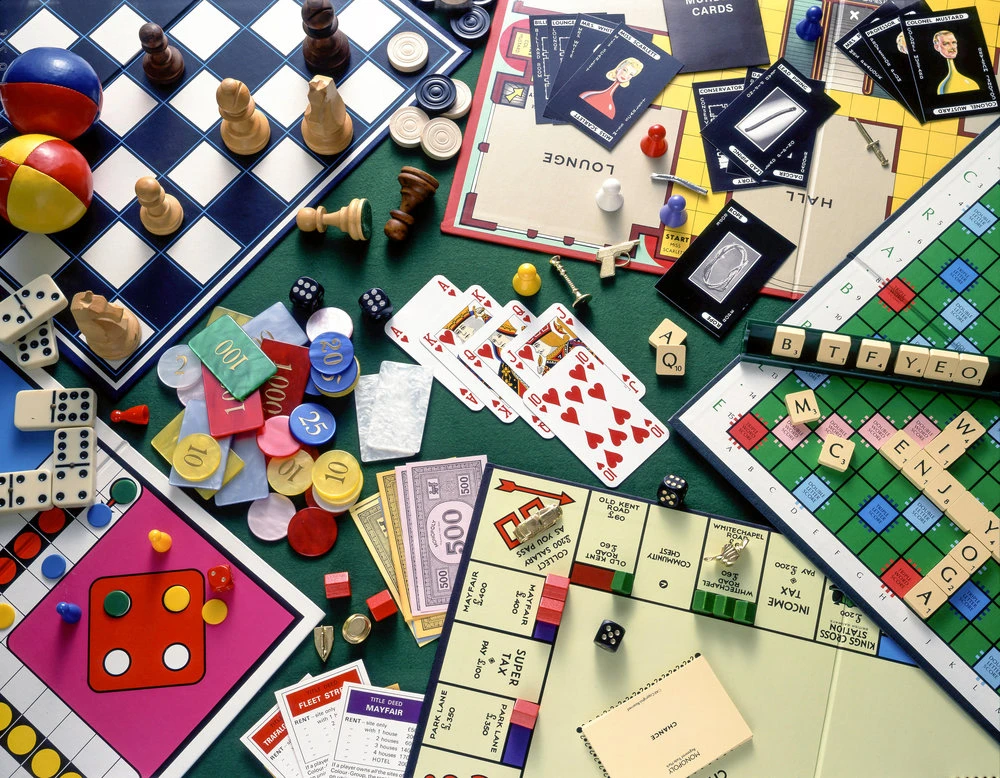
They have long held a special place in human culture, offering a unique form of entertainment and social interaction. In recent years, their popularity has resurged, and they have become an important part of contemporary culture. This article will explore the cultural significance of board games, including their role in fostering social connections, their educational and cognitive benefits, and their reflection of societal values and norms. Additionally, it will delve into the contemporary board game culture, examining the impact of the digital age on board games and the rise of board game cafes and conventions.
A. Social and community engagement
- The role of board games in fostering social connections and bonding
They have a distinct ability to bring people together and foster social connections. Whether it be friends, family members, or even strangers, sitting down to play a board game creates a shared experience that encourages communication and interaction. They often require players to work together, strategize, and engage with one another, cultivating a sense of camaraderie and bonding.
- Board games as a means of family entertainment and quality time
They offer families a unique opportunity for entertainment and quality time. In a time when many families are constantly busy with individual activities and electronic devices, playing board games provides a chance to gather around a table and engage in a shared experience. These games create lasting memories and strengthen family bonds, as they often require cooperative play and encourage open communication. Additionally, playing board games with family members can also help develop important life skills, such as teamwork, patience, and healthy competition.
B. Educational and cognitive benefits
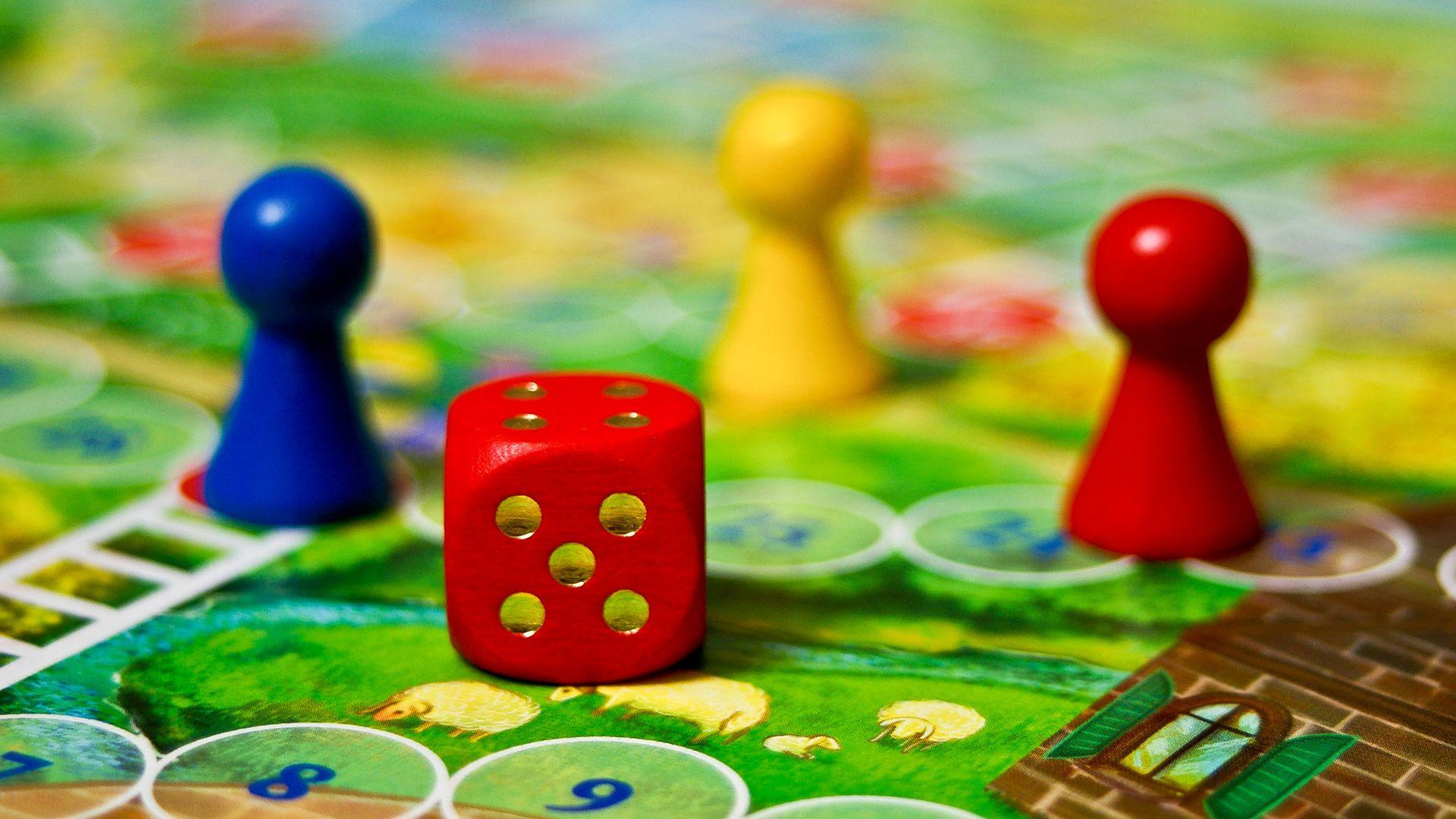
- Enhancing critical thinking, problem-solving, and strategic skills
They offer numerous intellectual benefits, enhancing critical thinking, problem-solving, and strategic skills. Many board games require players to analyze situations, anticipate opponents’ moves, and make decisions based on available information. This fosters logical thinking, enhances problem-solving abilities, and develops strategic thinking skills. By playing board games, individuals are encouraged to think critically and make informed decisions, skills that are transferable to many aspects of life.
- Promoting creativity, language development, and cultural awareness
They provide an outlet for creativity and imagination. Many games incorporate elements of storytelling, role-playing, and world-building, sparking players’ imaginations and encouraging creative thinking. Furthermore, board games often involve reading cards or rulebooks, providing opportunities for language development and vocabulary expansion. Additionally, many modern board games embrace diverse themes and cultures, fostering cultural awareness and understanding among players.
In conclusion, board games hold significant cultural importance, providing social engagement, educational benefits, and reflecting societal values. In the digital age, board games continue to thrive, with online platforms and hybridization with digital technology further expanding their reach. Additionally, board games have become a popular form of entertainment and hobby, with the growth of board game cafes, conventions, and independent game designers. The cultural significance of board games is undeniable, and their impact on society and individuals continues to grow.
